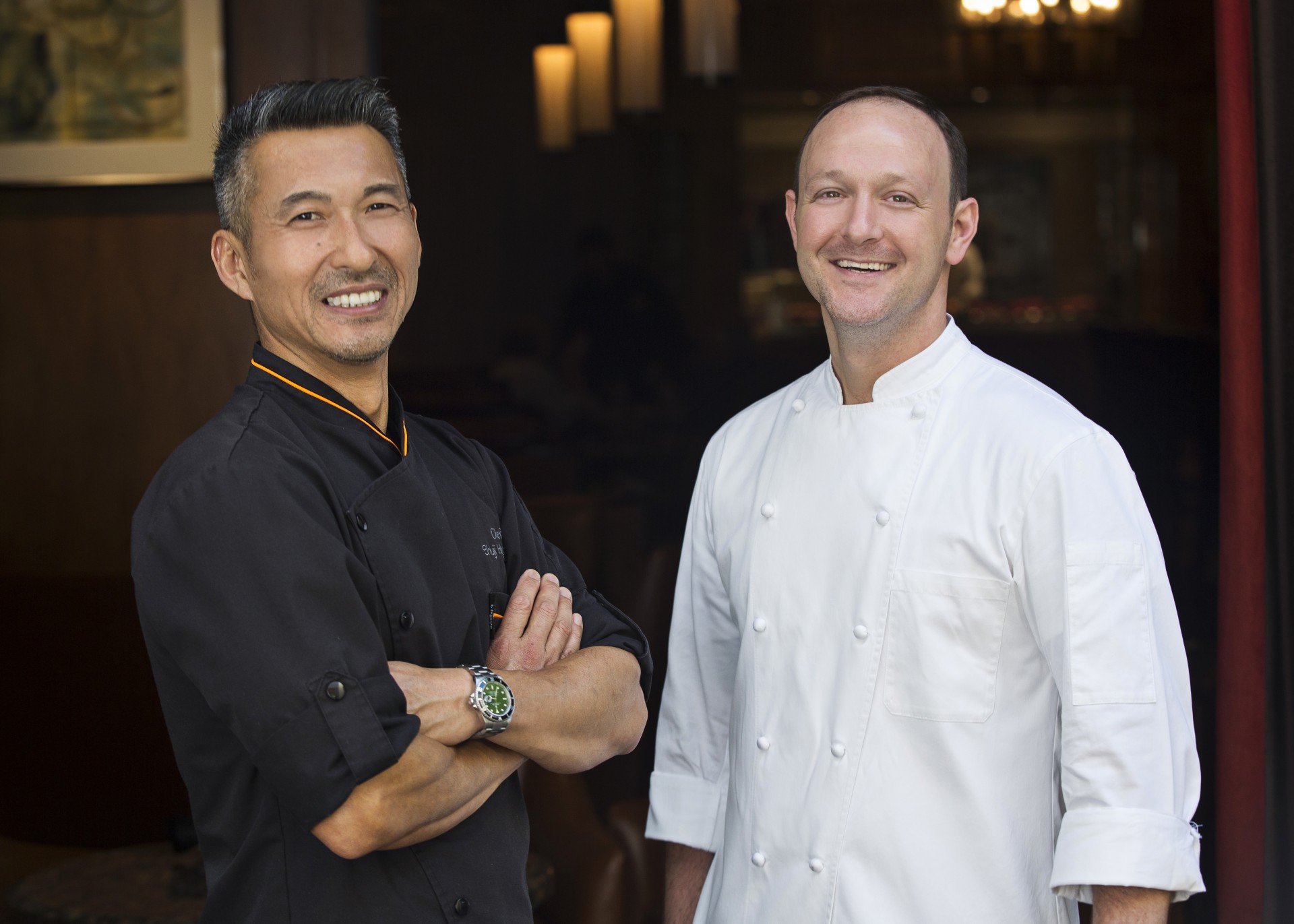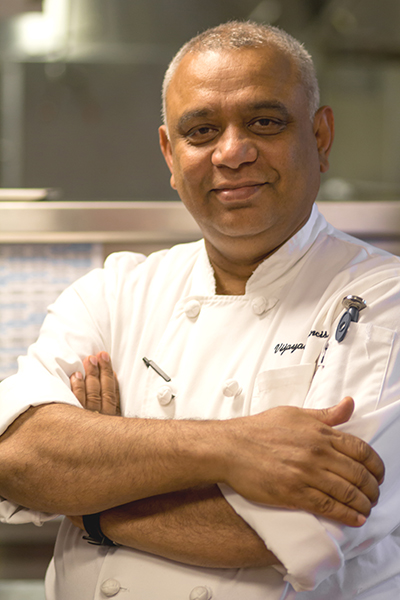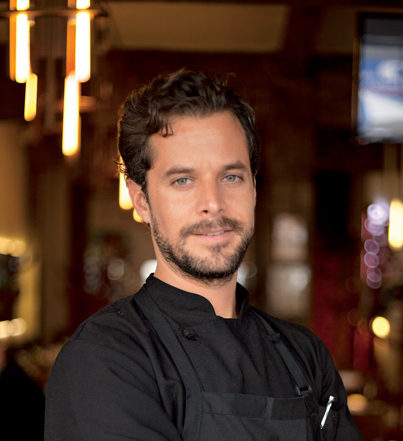Summer Lodge Country House Hotel’s much loved restaurant is renowned for its locally sourced, seasonally inspired dishes, and the hotel’s very own kitchen garden provides an abundance of delicious produce for the restaurant.
Here, Executive Chef Steven Titman shares his tips on growing your own seasonal fruit, veg and herbs in your own kitchen garden.
What makes Summer Lodge’s kitchen garden so special?
“Our kitchen garden may be modest in size compared to others, but it’s particularly special to me because the focus is 100% on quality, seasonal produce that my team can best utilize in our kitchen to produce outstanding dishes.”
As a chef, why is homegrown produce important to you?
“At Summer Lodge, we’re very committed to reducing the number of food miles in our cuisine, so growing it ourselves is ideal. Also, it means we’re able to grow exactly what we want, when we want it, allowing us to create the best menus possible.”
How does the produce from the kitchen garden inspire your menu in the restaurant?
“My whole team takes time to keep an eye on the garden throughout the year and be aware of what produce is coming next. As we’re able to see the produce growing, it inspires us to create new dishes using the latest crop. Typically, we get a bounty of cabbage, salad vegetables and herbs in the summer, and root vegetables throughout the winter, and this is reflected in the menu.”
How do you decide what to grow in the kitchen garden?
“We work closely with Summer Lodge’s gardeners to create a plan in advance of how to best use the area we have, and using our experience, we try to grow produce we know will be successful given the British climate!”
Sustainability is a guiding principle at Summer Lodge. How does this manifest itself in the kitchen garden, and how it is maintained?
“We work very hard to limit our carbon footprint in all areas of the hotel and the garden in no exception. Initiatives like our well-tended compost area, which makes use of vegetable waste, tea leaves, egg shells and even coffee grounds. Furthermore, we don’t use pesticides. Instead, we encourage wildlife that eats pests, so we have our own natural pesticides.”
What are your tips for people looking to create their own kitchen garden at home?
“I think the best tip is to grow produce that you enjoy eating, but bear in mind what produce will be best suited to our climate. For someone who cooks a lot at home, a great place to start is simply growing a selection of herbs. This will not only enhance your food but also save on your food bill as well.”
For anyone looking to start a home kitchen garden, what are the easiest plants to begin with?
“Herbs and Rhubarb would be my tip. Herbs such as rosemary, sage, thyme and chives can be grown simply and are a lovely addition to so many dishes. Similarly, rhubarb is hardy, easy to grow and prefers a cool climate.”
Can you give us an easy recipe from Summer Lodge’s kitchen garden?
“One of my favorite springtime recipes is wild garlic soup. Wild garlic is a popular foraging find, but it’s also easy to grow yourself and this is a super versatile dish that can be served hot or chilled. I love it with a nice piece of steamed Salmon as a main meal, or served with some local Dorset diver harvested scallops — delicious!”
Sample the flavors of Summer Lodge Country House Hotel and Restaurant’s kitchen garden at the hotel’s award-winning restaurant.








